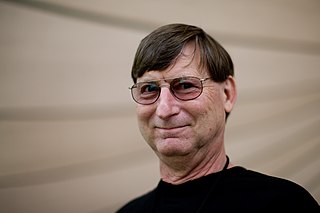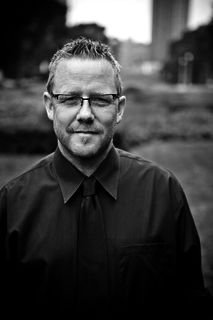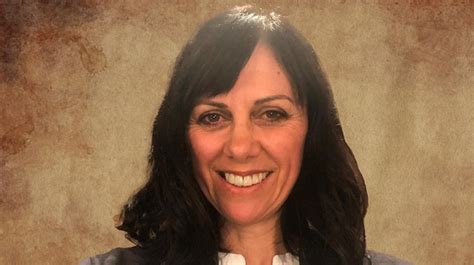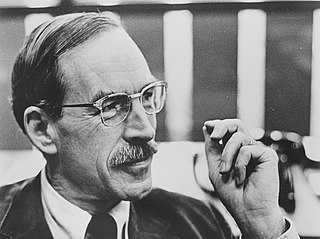A Quote by Alice Roberts
The access to information the web provides is both daunting and exciting. Information that was once secreted away in library stacks is now so much more easily available.
Related Quotes
It isn't that information is exploding, but accessibility is. There's just about as much information this year as there was last year; it's been growing at a steady rate. It's just that now it's so much more accessible because of information technology. The consensus is that a Web crawler could get to a terabyte of publicly accesible HTML. A terabyte is about a million books. the UC Berkeley library has about 8 million books, and the Library of Congress has 20 million books.
I think the most exciting thing is access to information. People's ability to document things and expose things that may have not otherwise been documented and exposed. All the information you want is available instantly, which is overwhelming, but I think can have a positive change on the political process and accountability for leaders and corporations.
When you know too much information and you acquire it too easily, you tend to either use it in disagreeable ways, out of vanity, or you tend to be indiscriminate about it. I mean, in the old days, it was tricky, you had to go to various encyclopedias, you had to go to the library, maybe spend a day there, whatever. But in the end, if you found something, it was really exciting. Now you hit a couple of buttons and you get some information. Which, by the way, is almost always presented in that same goddamn mediocre style that characterizes the Internet for me. It is slightly deadening.
I feel that every day, all of us now are being blasted by information design. It's being poured into our eyes through the Web, and we're all visualizers now; we're all demanding a visual aspect to our information. There's something almost quite magical about visual information. It's effortless; it literally pours in.
Libraries are at a cultural crossroads. Some proffer that libraries as we know them may go away altogether, ironic victims of the information age where Google has subverted Dewey decimal and researchers can access anything on a handheld device. Who needs to venture deep into the stacks when answers are but a click away?
We hypostatize information into objects. Rearrangement of objects is change in the content of the information; the message has changed. This is a language which we have lost the ability to read. We ourselves are a part of this language; changes in us are changes in the content of the information. We ourselves are information-rich; information enters us, is processed and is then projected outward once more, now in an altered form. We are not aware that we are doing this, that in fact this is all we are doing.
The Library is an open sanctuary. It is devoted to individual intellectual inquiry and contemplation. Its function is to provide free access to ideas and information. It is a haven of privacy, a source of both cultural and intellectual sustenance for the individual reader. Since it is thus committed to free and open inquiry on a personal basis, the Library must remain open, with access to it always guaranteed.
It's a fascinating time, I think. I do believe that with all the qualifications I've said - [such as] the uncertain accuracy of the web - nonetheless the access to speeches, documents is unparalleled with the ease of gathering information. If I had had that access when I was an editor or coming up, it would have made my life so much easier. As it was, everything took so much longer.





































